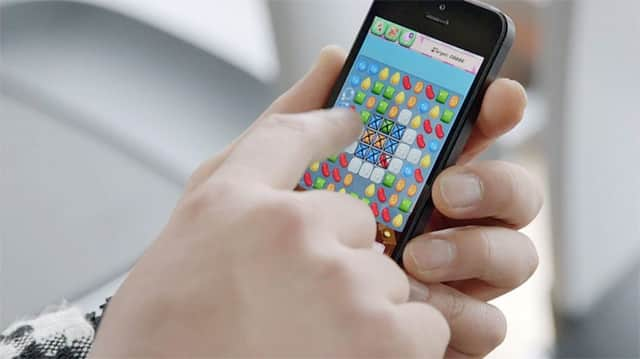Virtual reality market to hit $1bn landmark


Deloitte’s analysis indicates that revenues will be driven by around $700m in hardware sales globally, and the remainder from software and content.
According to Deloitte, this year will see sales of around 2.5m virtual reality headsets and 10m game copies.
Advertisement
Hide AdAdvertisement
Hide AdMatthew Hughes, the partner and media lead at Deloitte in Yorkshire, said: “The notion of virtual reality is decades old, but, as with many technologies, its commercial potential has yet to be fully realised.
“Virtual reality is likely to have applications for both consumer and enterprise, but this year we expect the majority of commercial activity to focus on video games. Companies that are considering using virtual reality should be aware of the hardware cost and the slim content that is currently available.”
Deloitte’s research suggests that mobile devices will become the leading games platform in 2016, with smartphone and tablet games set to generate $35bn in software revenue, an increase of 20 per cent from 2015. This compares with $32bn for PC games and $28bn for console games, up only five and six per cent respectively from the previous year.
Mr Hughes said: “The mobile games industry as a whole should thrive in 2016, but the outlook for individual mobile games developers is likely to be far more varied. The sheer volume of mobile game titles will likely render many new entrants invisible without substantial marketing spending.”
Advertisement
Hide AdAdvertisement
Hide AdDeloitte also predicts that 2016 will mark the rise of mobile touch commerce, which it believes will be used by 50m consumers by the end of the year, an increase of 150 per cent from last year.
Mr Hughes said: “Consumers love being constantly connected to their smartphones, from the early hours in the morning to late at night. With the introduction of a simplified payment process, there is a clear opportunity for converting browsing into purchases with a simplified payment process, wherever they are. Crucially, touch commerce reduces significantly the time taken from browsing to transaction on a mobile phone, to seconds rather than minutes.”
Perhaps surprisingly, this year’s report also predicts that “trailing millennials” – in other words people aged 18 to 24 – are likely to be the biggest personal computer (PC) users in 2016, and are unlikely to abandon PCs altogether. Although regarded as the smartphone generation, this age group sees smartphones and PCs as complements, not substitutes, Deloitte’s study concluded.
Mr Hughes added: “Having a mobile-first strategy will be necessary in 2016, especially if your market includes millennials. However, a mobile-only strategy will simply not work, as this assumes that millennials have already abandoned, or are about to abandon their computers.
“Our research shows that millennials still use their PCs, and sometimes even prefer the PC to mobile.”